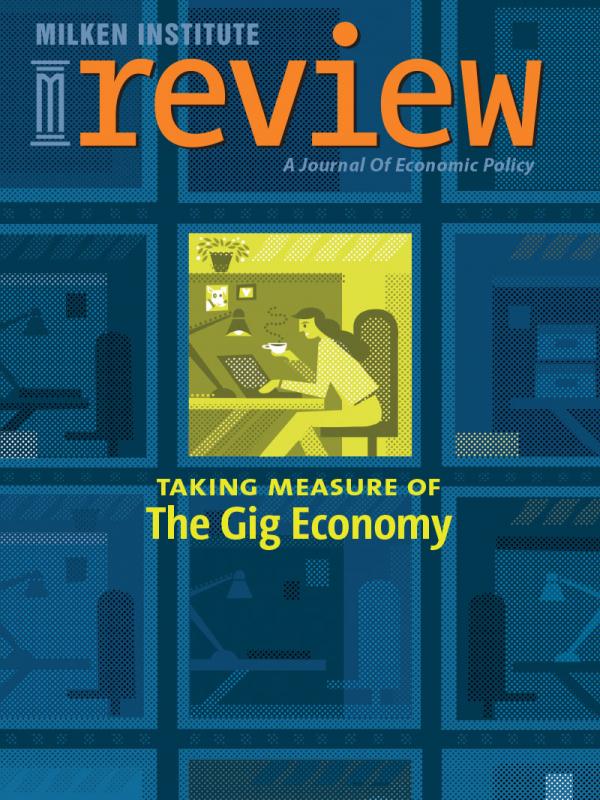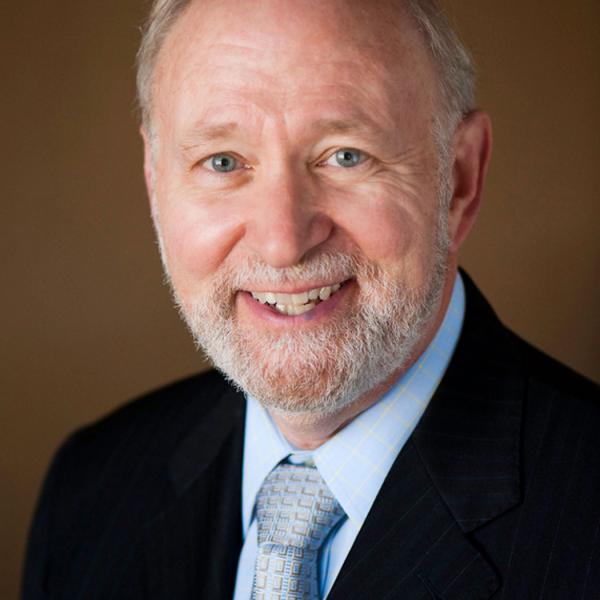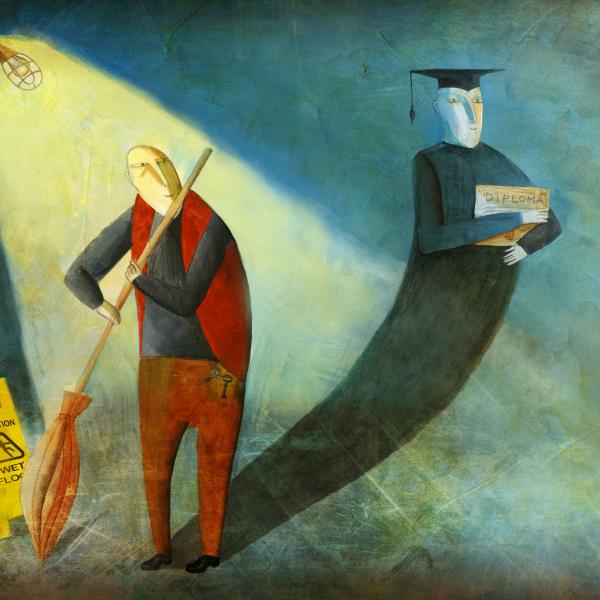Second Quarter 2016

From the CEO
Mike Klowden
Editor's Note
by Peter Passell
Refugee Economics
Jobs, jobs, jobs. by Paul Collier
The Narrowing Generation Gap
...The new 50? by William H. Frey
The Gig Economy
Neither fish nor fowl. by Seth D. Harris and Alan B. Krueger
The Elusive Promise of Structural Reform
The trillion-euro misunderstanding. by Dani Rodrik
How to – and How Not to – Manage Student Debt
By Susan Dynarski
Letter From Caracas
Venezuela hits bottom. by Charles Castaldi
P-Values vs. Patient Values
When nothing’s left to lose. by Andrew W. Lo
Housing Policy, The Morning After
Untying the Gordian knot. by Lawrence J. White
Between Debt and the Devil
Adair Turner explains how Milton Friedman could still save the global economy.
Institute News
Paper trail.
Numbers Games
We’re number 21?
Summary of this Issue
Oxford economist paul collier offers a bold prescription of minimizing the dislocation and suffering created by the vast numbers of Syrian refugees fleeing the carnage of civil war. andrew lo, the director of MIT's Laboratory for Financial Engineering and a Milken Institute senior fellow, offers a breakthrough approach for balancing the risks in the FDA's much criticized process for new drug approval. seth harris, the former deputy secretary of labor, and alan krueger, a former chairman of the White House Council of Economic Advisers, tackle the problem of how to protect workers in "gig economy" without retarding innovation or market flexibility. dani rodrik at Harvard's Kennedy School examines the misunderstanding about what structural reform of ailing economies – notably, the reforms imposed on Greece by its creditors – can accomplish. The University of Michigan's susan dynarski takes a hard look at the student loan mess and rejects the arguments that interest rates are too high and that most borrowers can't pay their debts.











